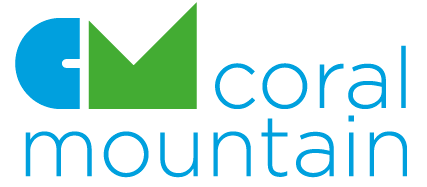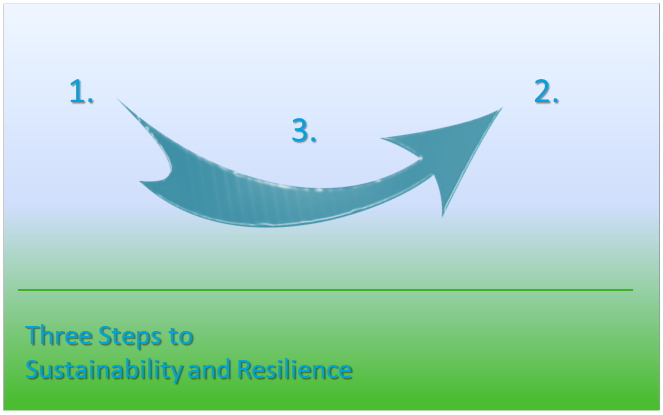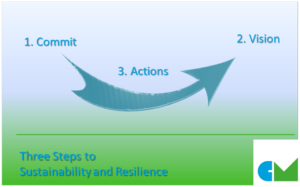Sustainability and Resilience Post COVID-19
How do we focus on sustainability and how should we build resilience post lockdown? How do we respond to the new set of challenges the coronavirus has thrown at us?
It’s clear that how we all do business is going to change massively, post-COVID-19 lockdown. We are living through the manifestation of a worst case risk scenario and the multiple impacts it brings with it. The fact is, most of us simply couldn’t plan for what was coming and there are still plenty of unknowns.
The businesses which use this experience to build resilient strategies are the ones which will prevail. Taking the long term view on environment is no longer something to plan for when there is the luxury of time – the threat to business survival has been shown to be simply too great.
A post like this is incomplete if it does not acknowledge the human tragedy of the coronavirus pandemic. Projecting that sobering thought forward, it needs to be stated that failure to address the underlying environmental crisis will undoubtedly lead to millions more deaths. This is not an over-dramatization. According to research, a truly shocking one quarter of all deaths are currently attributed to environmental issues.
Now is an ideal opportunity to re-assess business strategy and activities. At the same time, innovative business leaders will use this opportunity to bring our reliance on a healthy planet into the mix.
Why Sustainability is Vital
Sustainability is defined as;
“Meeting the needs of the present without compromising the ability of future generations to meet their own needs” or in other words, keeping things going, so there is “Enough, for All, Forever”. Actually, this doesn’t just refer to some time in the distant future. The issues around environment already affect the way many people live in today’s world. Sustainability addresses all three elements of economic, social and environmental needs.
The turmoil we currently face reflects the concept that the world is VUCA – Volatile, Unpredictable, Complex and Ambiguous. Ironically, it could be said that the most predictable factor is unpredictability. So how can you build sustainable resilience in your business? The answer to that is in three parts.
The Three Steps to Building Sustainability and Resilience
- Commitment
Sustainability is for the long haul. Realistically, that’s the case by definition. If you are going to build a resilient business, in a world where we don’t yet know how we will work and interact differently, there’s no two ways about it; you have to make a commitment to embed a new way of thinking into your offering, your products and services and the way your teams do things. - Vision
Where do you want your business to go and what will it look like? Scrutiny of your vision will provide clarity which is needed to develop a set of actions for driving your business forward. Vision is the guiding star. Your vision will keep you on track, as we adapt to post COVID thinking which necessarily includes environmental implications. This vision is not something you reach immediately, but rather the aspiration of how you expect the business to function at some future point. - Actions
With the first two steps in place, you can start to drill down into how you and your teams are going to steer a course to achieve your intended vision. The start point is to review your current position on sustainability. Moving forward, once you understand this, you can prioritise which impact reducing actions to focus on first. You can find more about this on the Services page.
A Structured Plan
You can bring clarity and focus to your business strategy by following these steps using a structured plan. As explained, once you decide you want to make changes, then you can work out where you want to get to. Without the first two stages to guide your starting and finish points, you’ll be like a ship without a compass.
To find out more about expressing your own vision, ask about Coral Mountain’s Business Vision with Sustainability Workshop and other short courses. Also, see how some of our activities are explained on the Sustainability Programmes page.
At this challenging time, I wish you, your families and friends the best of physical, mental and business health.



Recent Comments